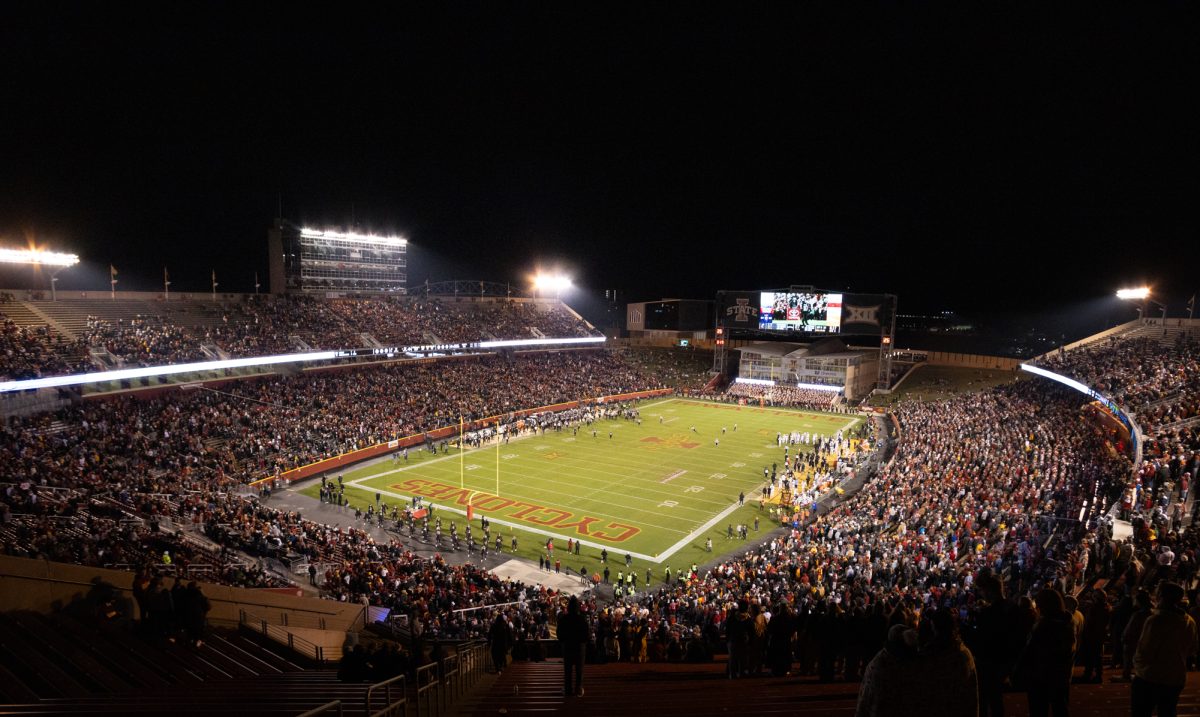LETTER: The elusive search for gospel truth
February 12, 2004
While I don’t pretend to be of the intellectual stature of Professor Patterson, I believe he (in his Feb. 10 letter) and Mr. Shendelman neglect several important points.
When all other possibilities have been disproved, the one that remains, no matter how unlikely, must be the answer.
This largely explains William Lane Craig’s argument. If we can establish the fact that a man was dead, and then later establish the fact the same man was seen alive, in the absence of another viable explanation we must draw the conclusion that he rose from the dead.
No other possibility satisfies all the evidence.
At this point we need not concern ourselves with whether this was an act of God.
Craig’s argument that the Gospels are sources of historical fact goes to the heart of the debate. If Jesus was not dead when he was taken from the cross, or if he was not seen alive three days later, then there is no basis to assert that he rose from the dead.
If Hector Avalos wants to settle this matter, all he needs to do is provide evidence that corroborates the notion that Jesus did not really die, or he was not really seen after the fact.
If those Gospel accounts are not disputable, then the debate is settled.
Conversely, if Craig would like to convert us all, he must prove the factuality of those events.
As of late, no one has been able to prove beyond a reasonable doubt that the accounts in the Gospels are true.
Both Craig’s and Avalos’ positions rely on an element of faith, either faith that the Bible is historically accurate in this regard or faith that the Bible in error.
Both sides can provide evidence to justify their faith — it is up to the individual to decide which has true merit.
Curtis Carroll
Graduate Student
Mechanical Engineering





